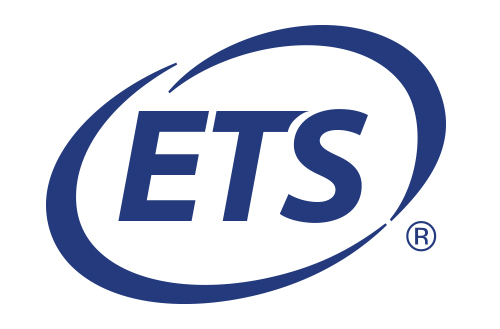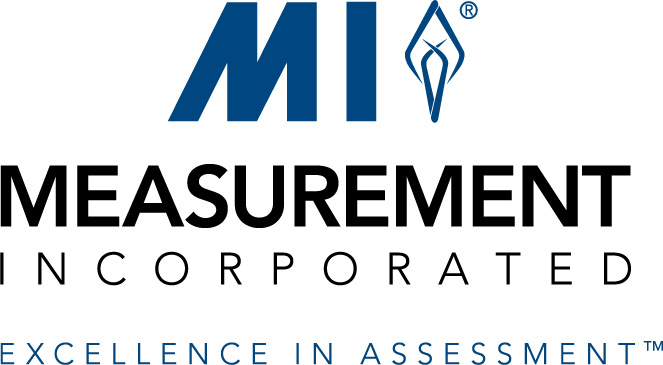ITEMS Portal
ACCESS IS FREE!
Quickly create a new user account for the Elevate learning management system (this website) to access any modules.
You do NOT have to be an NCME member to do this!
Welcome to the ITEMS Portal!
The ITEMS portal is your entry point into a world of learning in educational measurement and assessment. ITEMS modules are its centerpiece, which are short self-contained lessons with various supporting resources that facilitate self-guided learning, team-based discussions, as well as professional instruction. In addition, you can explore a network of other professional organizations, stay up-to-date via news feeds, and contribute to the success of the portal. Enjoy your learning experience!
New Videos: Anatomy of Measurement
Video 1: Educational Measurement
Short animated video overview of the field of educational measurement in a nontechnical and fun way. [7 Minutes]
Video 2: Reliability, Validity, and Fairness
Short animated video explaining reliability, validity, and fairness in a nontechnical and fun way. [7 Minutes]
Video 3: Standardized Test Development
Short animated video describing the lifecycle of standardized test development in a nontechnical and fun way. [10 Minutes]
Video 4: Standardized Test Scoring
Short animated video explaining how standardized tests are scored in a nontechnical and fun way. [5 Minutes]
Video 5: Classroom Assessment
Short video describing the role of classroom assessment in a nontechnical way. [7 Minutes]
New Digital Modules:
More Info:
Access all 45 print modules and other digital modules via our module library.
| Access Date | Quiz Result | Score | Actions |
|---|




















